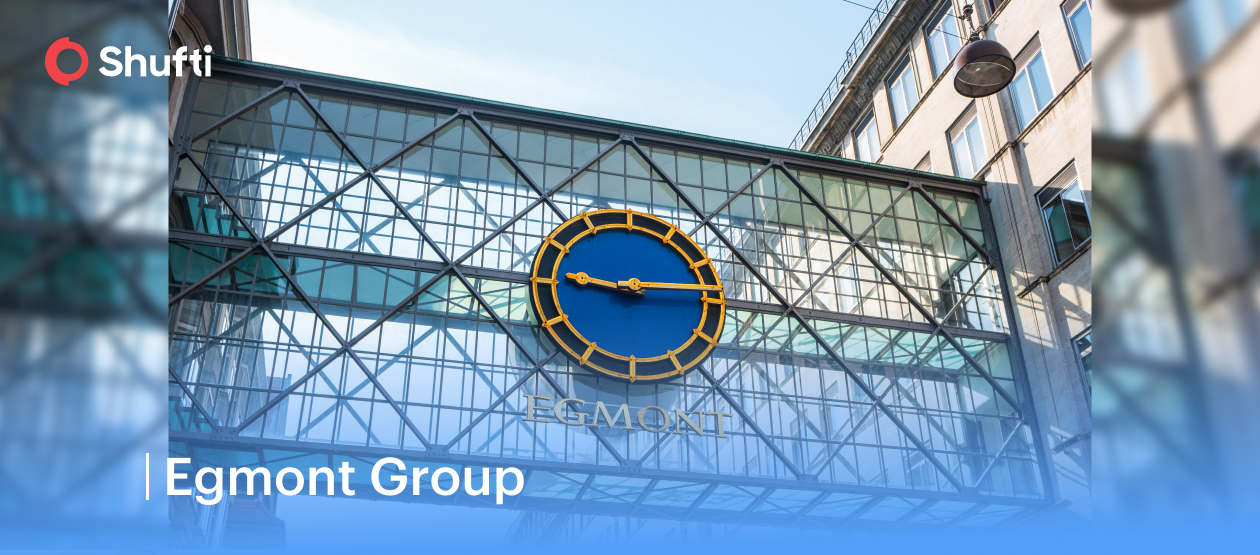Egmont Group

To foster stronger international collaboration against money laundering and terrorist financing, the Egmont Group was established in 1995. What began with agencies like Belgium;s CTIF-CFI and the United States’ FinCEN has grown into a global coalition of more than 150 Financial Intelligence Units (FIUs), including FINTRAC (Canada) and the UKFIU (United Kingdom).
What Is the Egmont Group?
The Egmont Group is an international platform that promotes the secure and efficient exchange of financial intelligence. Headquartered in Toronto, Canada, the organization brings together 159 FIUs from across the globe. These units operate as national centers that collect and analyze data on suspicious financial activities, helping to detect and deter money laundering and terrorist financing.
By enhancing communication across borders, the Egmont Group enables faster responses to global financial threats while maintaining strong compliance with Anti-Money Laundering (AML) and Counter-Terrorist Financing (CFT) standards.
What Does the Egmont Group Do?
The Egmont Group supports its member FIUs in the secure sharing of intelligence, helping to uncover illicit financial flows before they escalate. These units:
- Analyze suspicious transactions to identify potential criminal activity
- Support investigations into transnational money laundering schemes
- Collaborate internationally to trace illicit funds and networks
- Enhance AML/CFT capacity through coordinated strategies and tools
Its mission centers on building trust and alignment among FIUs, ensuring cooperation is governed by secure protocols and internationally accepted procedures.
Egmont Group and the FATF: A Powerful Partnership
The Financial Action Task Force (FATF) and the Egmont Group work closely to define the global agenda on financial crime. Together, they produce strategic reports and guidelines like their Trade-Based Money Laundering (TBML) risk indicators. These indicators help financial institutions and authorities spot irregularities in trade practices that could signal illicit activity.
Common TBML Risk Categories:
- Structural Risks: Companies with little online presence, inactive business operations, or links to high-risk jurisdictions.
- Trade Activity Risks: Engagement in inconsistent trading behavior or suspicious ties to multiple third parties.
- Commodity and Document Risks: Mismatched invoices, missing transactional data, or goods routed through multiple countries without clear justification.
- Transaction-Based Risks: Unusual payment structures, frequent large deposits to offshore accounts, or circular fund movements.
The Egmont Group’s Working Groups
To achieve its goals, the Egmont Group is structured into four major working groups:
1. Technical Assistance and Training Working Group (TATWG)
This team leads global training efforts, supporting FIUs with the technical expertise and educational tools needed to meet AML/CFT obligations. TATWG also promotes FATF’s 40 Recommendations through regional workshops and global awareness campaigns.
2. Membership, Support, and Compliance Working Group (MSCWG)
Responsible for overseeing new and existing memberships, MSCWG ensures that all FIUs comply with Egmont’s standards. It also facilitates collaboration among members to improve operational performance and consistency.
3. Information Exchange on ML/TF Working Group (IEWG)
Focused on enhancing the quality and reliability of shared data, the IEWG addresses common barriers to information exchange. Its work ensures FIUs can act quickly on financial intelligence using modern, secure methods.
4. Policy and Procedures Working Group (PPWG)
PPWG manages the evolution of internal policies and procedures, ensuring they reflect current legal and regulatory realities. The group regularly updates Egmont’s official documents and coordinates strategic policy initiatives with member states.
Global Trends in Financial Intelligence
As financial crime evolves, so do the tools and strategies to combat it. The Egmont Group plays a key role in shaping these efforts. Key trends include:
- Real-time data sharing among FIUs, supported by Egmont’s secure exchange frameworks.
- AI-driven analytics, promoted through Egmont’s training and technical assistance programs.
- Public-private partnerships to address growing challenges such as crypto-related threats, encouraged by Egmont’s cross-sector collaboration efforts.
- Focus on beneficial ownership transparency, aligned with Egmont’s policy initiatives and compliance support.
Egmont continues to guide FIUs worldwide in adapting to these challenges through cooperation, innovation, and shared expertise.
Final Thoughts
The Egmont Group plays a critical role in uniting countries against financial crime. By promoting international cooperation, secure information exchange, and strategic policymaking, it helps shape a safer and more transparent global financial system. As the world’s financial system continues to evolve, the group’s work remains essential in defending against the threats of money laundering and terrorist financing.

 Explore Now
Explore Now






